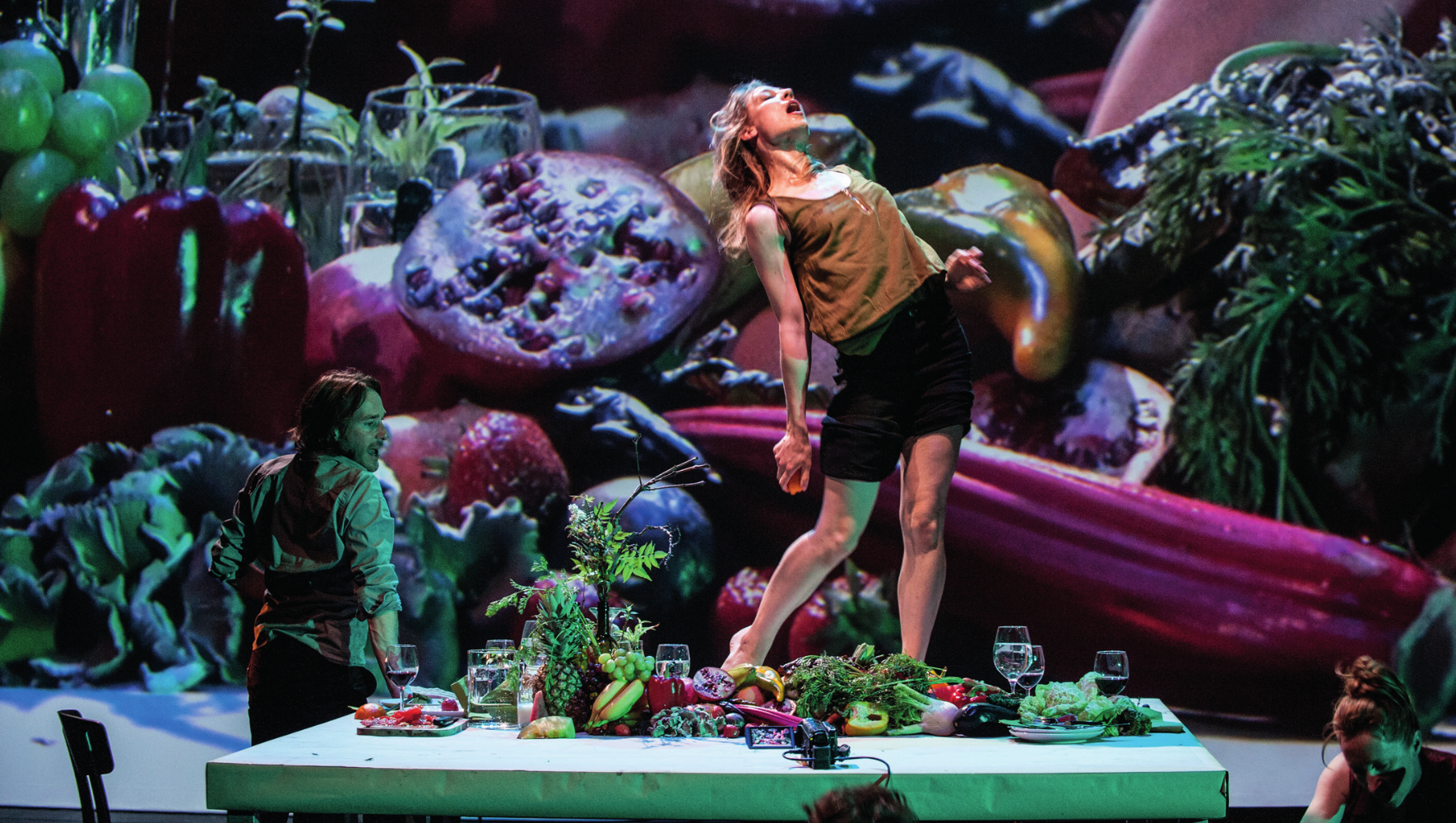
Learn

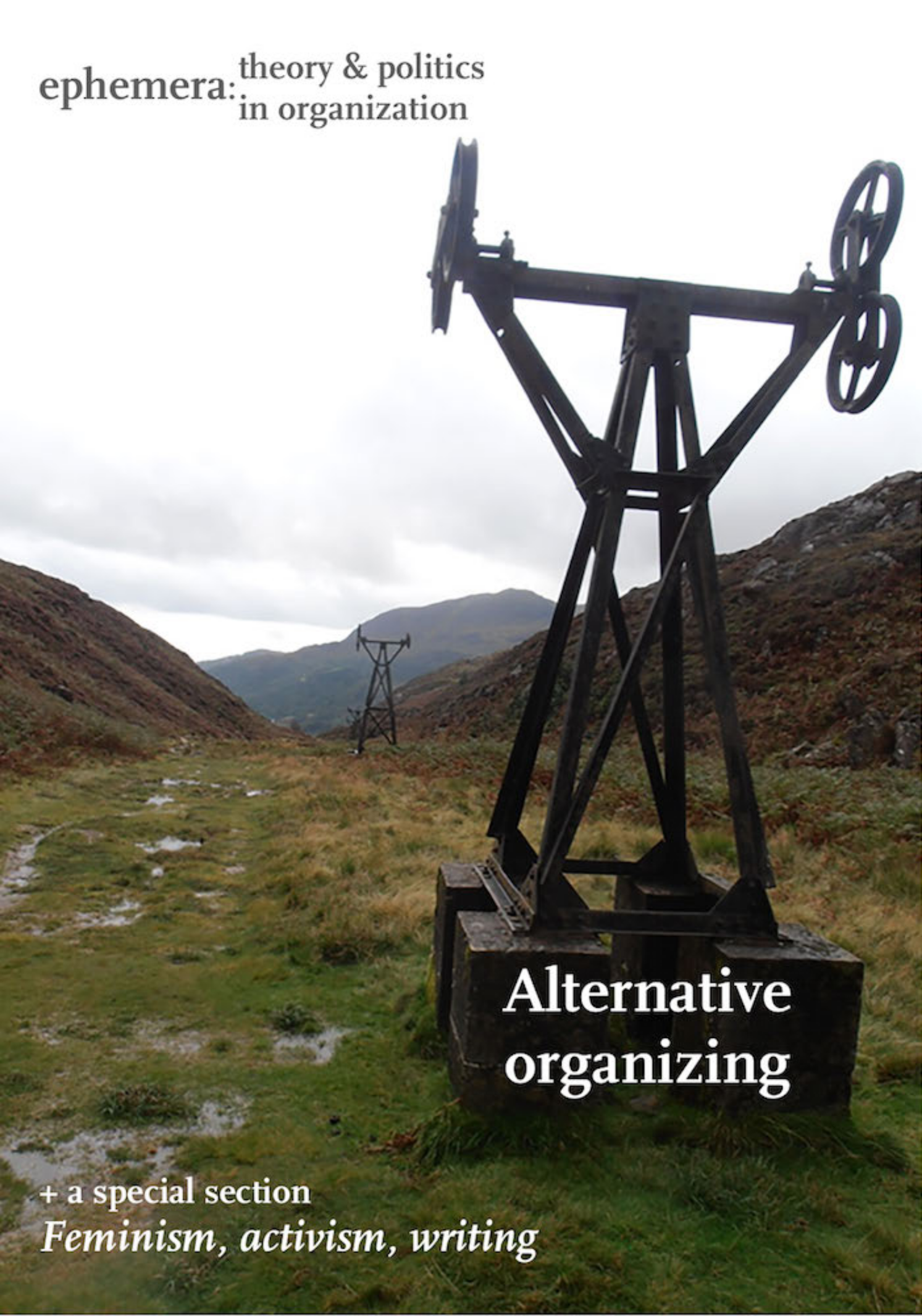
What are the alternatives? Organising for a socially and ecologically sustainable world
"Ephemera: theory & politics in organization?" an independent journal, founded in 2001. brings in it's 18th issue an eclectic set of papers that each address a central question: how we can build capacity for living and organising in ways that align better with natural systems and imagine ecologically sustainable and socially just alternatives?

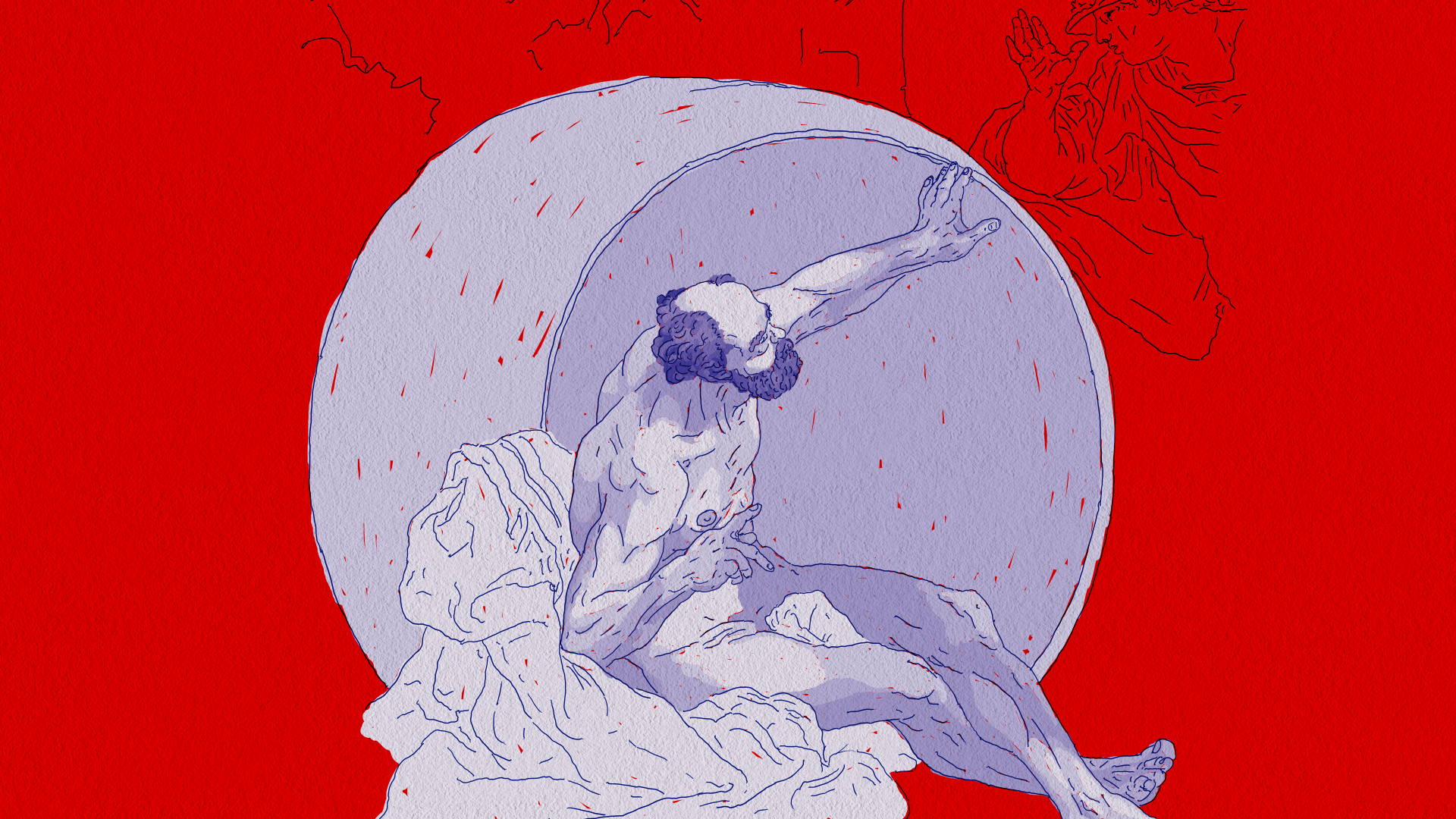
On Transnationalisms — The Virtuality of Borders
In 2018, Drugo more, an NGO from Rijeka, Croatia whose president is Davor Mišković, one of the RESHAPE advisors, organized a festival and exhibition dedicated to the topic of transnationalism – a social phenomenon which arises from the heightened interconnectivity between people and the receding economic and social significance of boundaries among nation states.
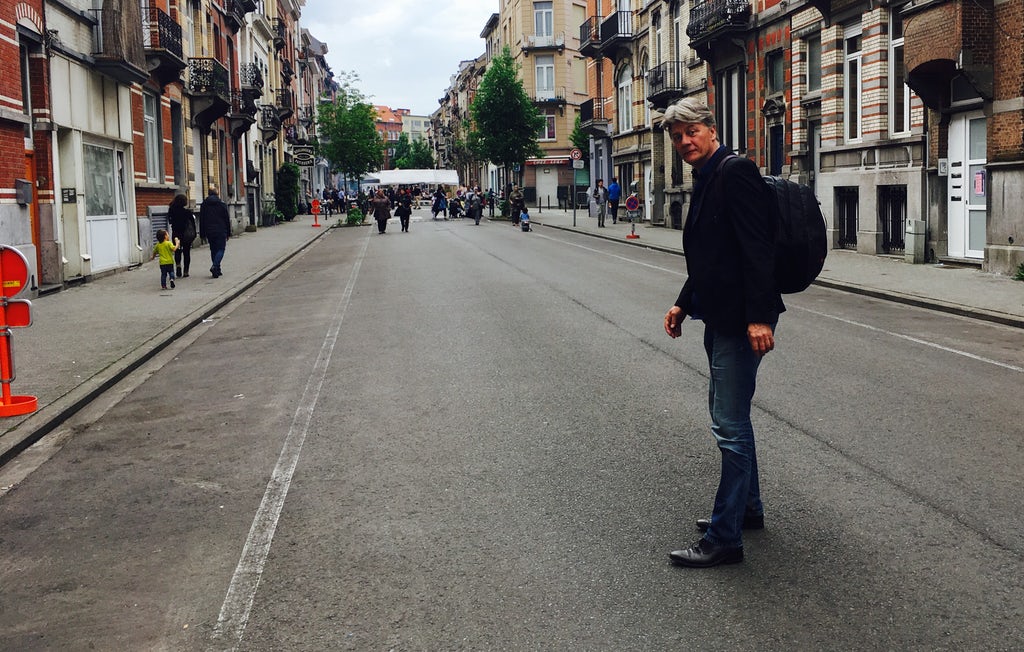
Brussels. In search of territories of new-urban creation. — by Chris Keulemans
This text is a report of a month in Brussels. No more, no less. The report of a month spent walking, talking and observing. At the invitation of Flanders Arts Institute and in particular of Sofie Joye, in charge of Diversity, Urbanity and Emerging Artists.
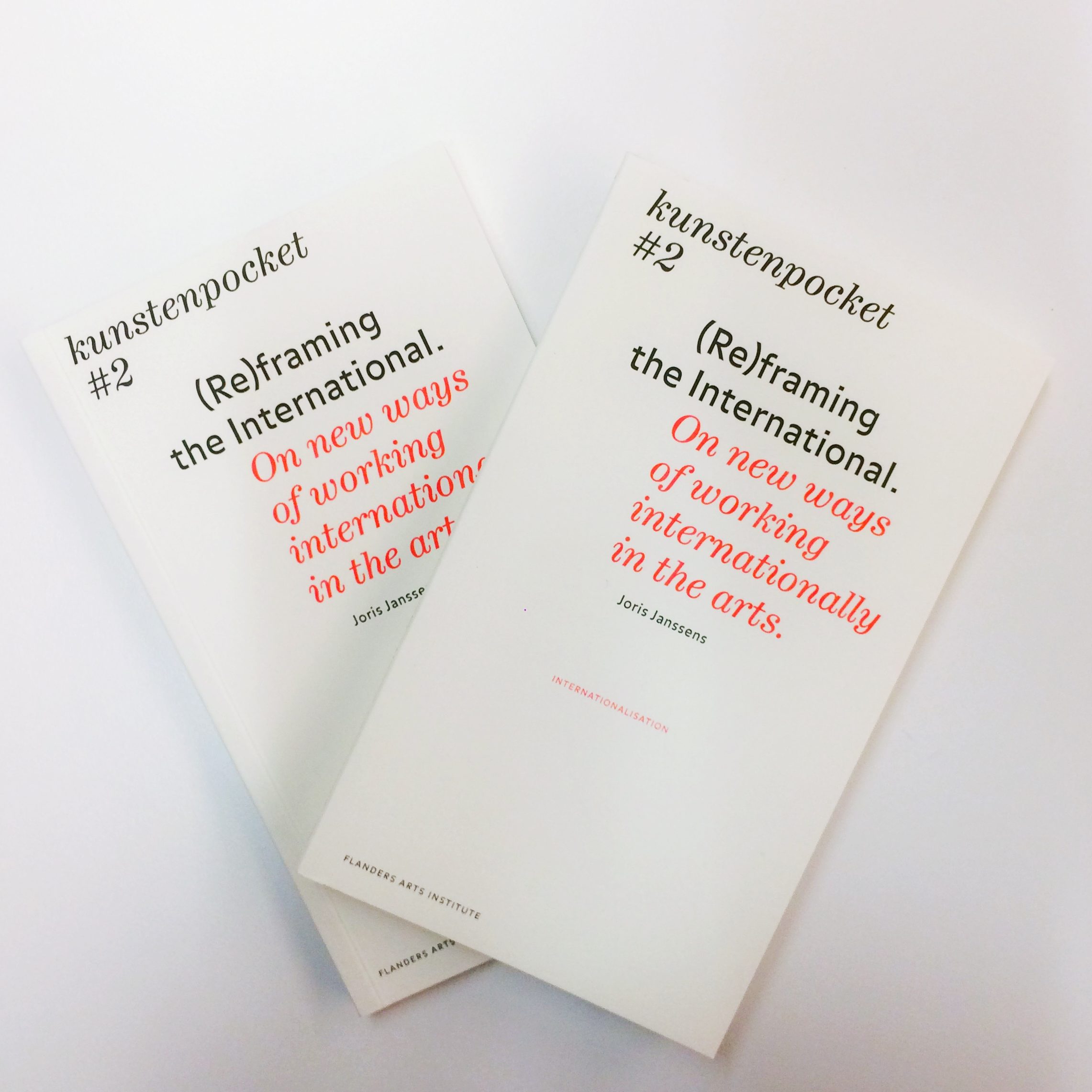
Reframing the International. On new ways of working internationally in the arts.
In this pocket publication Flanders Arts Institute examines new ways of working internationally in the arts. Joris Janssens collects insights and light bulb moments from the research & development programme (Re)framing the International.
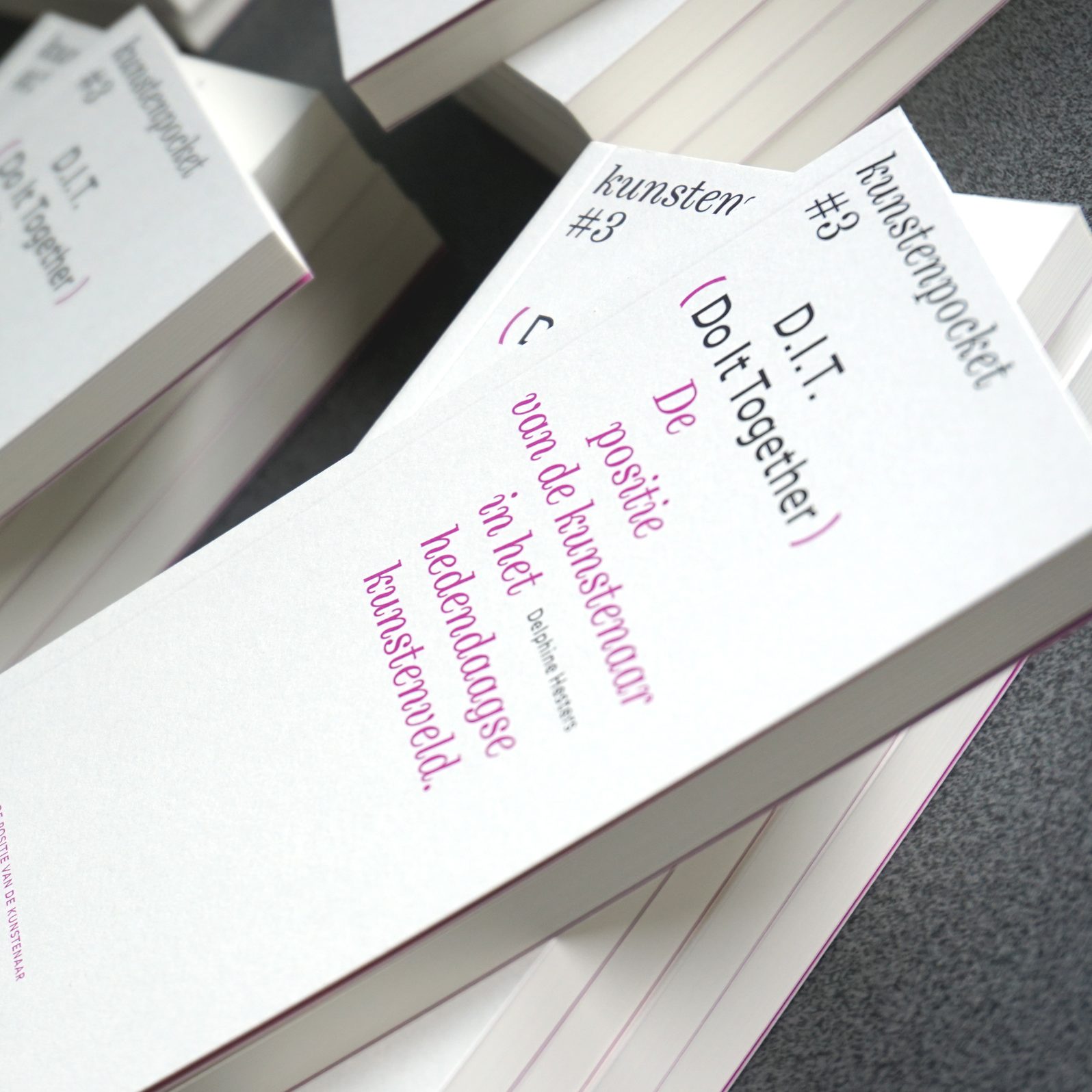
Do It Together. The position of the artist in today’s art world. — by Delphine Hesters
Although the professionalization of the arts sector continues to rise, and global budgets for art are also growing, alarm bells warning about the precarious socio-economic position of artists are ringing louder than before.
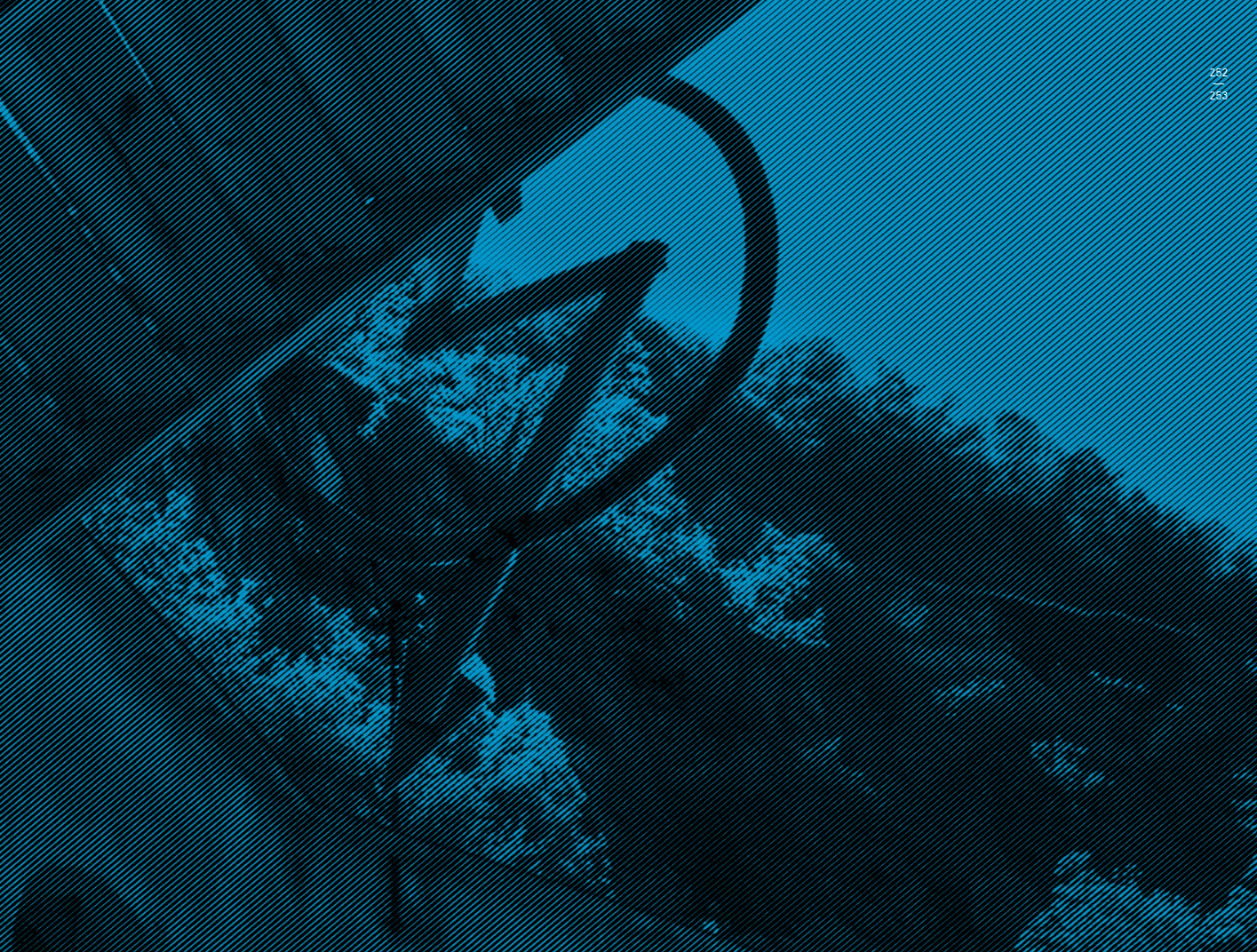
Do it Together. Practices and Tendencies of Participatory Governance in Culture in the Republic of Croatia
Participation does not imply only joining in the game but also the rules of the game, i.e., the conditions under which the game is played. Understanding these rules and the possibility of creating them make the key difference. Participation in this case becomes a tool for positive changes